Kids should code: why 'computational thinking' needs to be taught in schools
This article provides views and opinions from a range of experts.
Additional details
| Year band(s) | 1-2, 3-4, 5-6 |
|---|---|
| Content type | Article or research |
| Format | Web page |
| Core and overarching concepts | Implementation (programming), Computational thinking |
| Australian Curriculum Digital Technologies code(s) |
AC9TDI2P01
Investigate simple problems for known users that can be solved with digital systems
AC9TDI2P02
Follow and describe algorithms involving a sequence of steps, branching (decisions) and iteration (repetition)
AC9TDI4P01
Define problems with given design criteria and by co-creating user stories
AC9TDI4P02
Follow and describe algorithms involving sequencing, comparison operators (branching) and iteration
AC9TDI6P05
Implement algorithms as visual programs involving control structures, variables and input |
| Keywords | Computer programming, Coding, Algorithms, Decision making, Apps |
| Organisation | Guardian News and Media Limited |
| Copyright | 2016 Guardian News and Media Limited or its affiliated companies. May be subject to Copyright Act statutory licence. |
Related resources
-
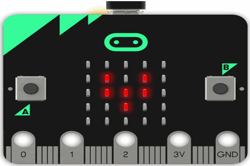
The Micro:bit Matters
In this article, Gary Stager introduces and explains the BBC micro:bit. He discusses pros and cons of the device, prices, compatible programs to use with it, resources to help understand the Micro:bit and other technological devices on the market.
-
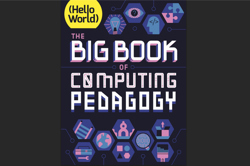
The Big Book of Computing Pedagogy
This guide focuses on approaches to teaching computing in the classroom, and includes pedagogically themed articles. It is structured around twelve pedagogical principles, originally developed by the Raspberry Pi Foundation for the National Centre for Computing Education in England.
-
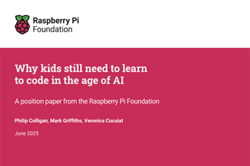
Why kids still need to learn to code in the age of AI
This report put forward evidence that even in a world where AI can generate code, we will need skilled human programmers who can think critically, solve problems, and make ethical decisions. It puts the case forward that young people need to learn to code because it is the most effective way for them to develop the mental models and fluency to become skilled human programmers.
-
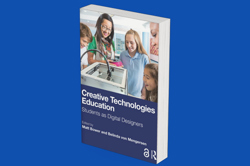
Creative Technologies Education
An open access book by 45 ATTEN academics that offers research-based strategies for teaching creative technologies with students as digital designers.
-

How to develop computational thinkers
This article explains computational thinking with relevant examples and links to useful resources.
-
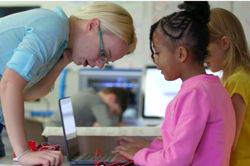
Computational Thinking for a Computational World
As computational technology advances, it is imperative that we educate young people and working adults to thrive in a computational world. In a computational world, what is important to know and know how to do?
